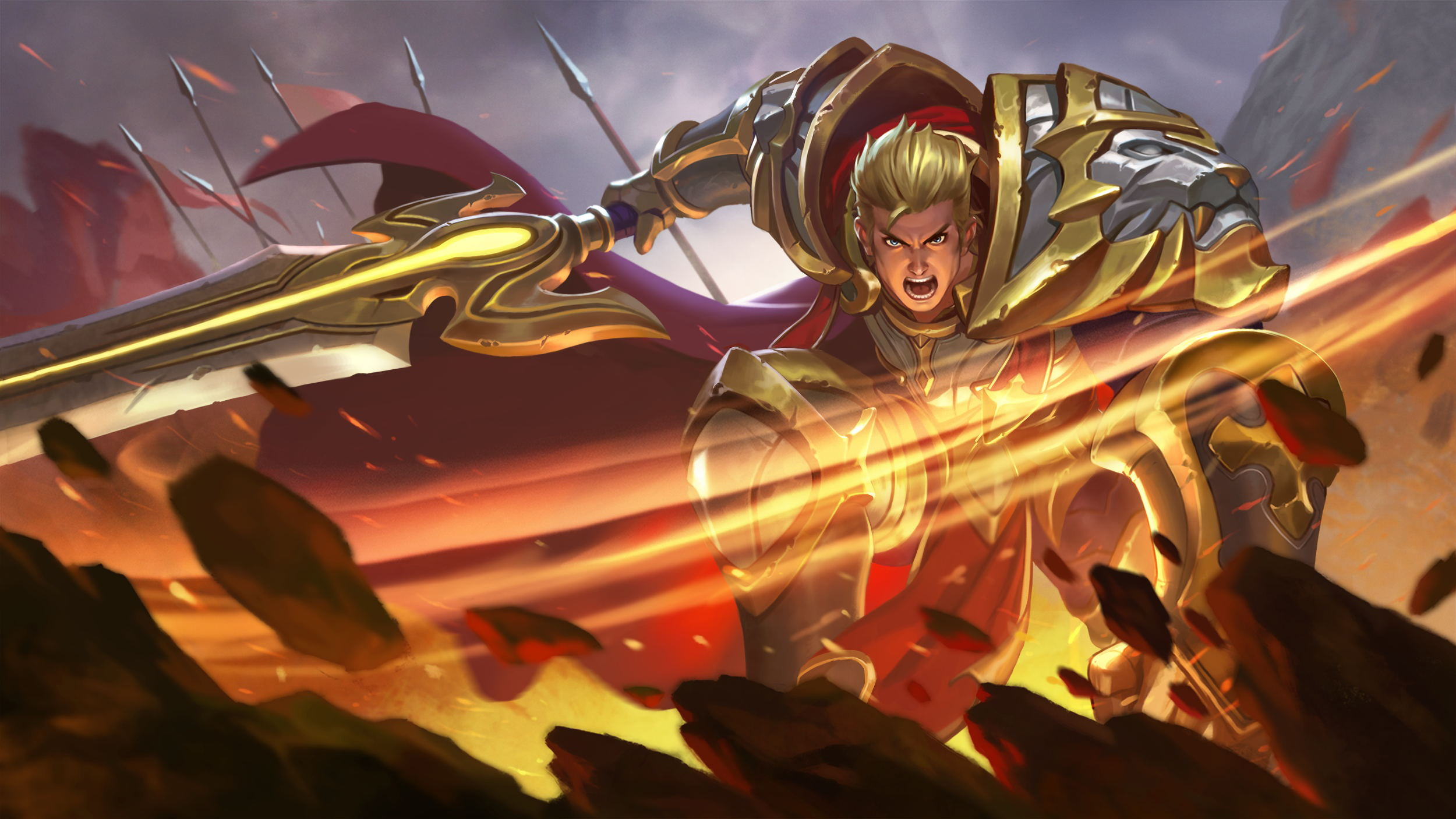Today, the History Encyclopedia editor brings you the story of Wu Zetian killing her relatives. Interested readers can follow the editor to take a look together.
Wu Zetian, played by Liu Xiaoqing, wanders alone in the main hall and decides to hand over power to the descendants of the Li family. Princess Taiping came to visit Wu Zetian and complained that her mother had re crowned her brother Li Xian as the crown prince. Wu Zetian helplessly told Princess Taiping that it was precisely because she loved her too much that she did not want her to experience the swords and shadows she had experienced along the way.
Princess Anding died suddenly shortly after birth. Her death helped Wu Zetian overthrow Queen Wang, and it was Wu Zetian’s biggest move on the road to becoming a queen. Such ruthlessness was Wu Zetian’s helpless counterattack when she was forced to a dead end in the palace battle, and her instinct for survival and victory surpassed her maternal instincts. Wu Zetian understood that this daughter had died for herself.
Although Emperor Taizong of Tang had been wandering for half his life, killing and slaughtering livestock was not a problem, but he had never seen such a ruthless woman before. He couldn’t help but secretly became wary of her. In fact, Wu Zetian was not only cruel and ruthless, but also had a heart full of snakes and scorpions. As the saying goes, ‘Tiger poison does not eat offspring,’ but Wu Zetian, this fierce female tiger, not only ‘eats offspring,’ but also ‘eats’ without spitting out bone fragments.
Li Hong was the child of Empress Wu Zetian who devoted the most maternal love. Li Hong was the key to Li Zhi taking Wu Zetian back to the palace, as it was the consensus of the royal family not to let their offspring wander outside. In the early struggles after returning to the palace, Li Hong was also a supporter of Wu Zetian. But after Li Hong reached adulthood, the conflict between mother and son intensified. Li Hong strongly disapproved of his mother’s actions, and his early death left an irreparable regret for this mother son relationship.
However, to be fair, she was also a fairly successful politician who implemented some progressive reform measures after ascending to the throne, including opening up the imperial examination system, appointing people wisely, and suppressing the monopoly of the wealthy; She rewarded farmers with mulberry trees and built water conservancy projects, which led to social stability and economic development, laying a good foundation for the later “Kaiyuan prosperous era” of the Tang Dynasty.



